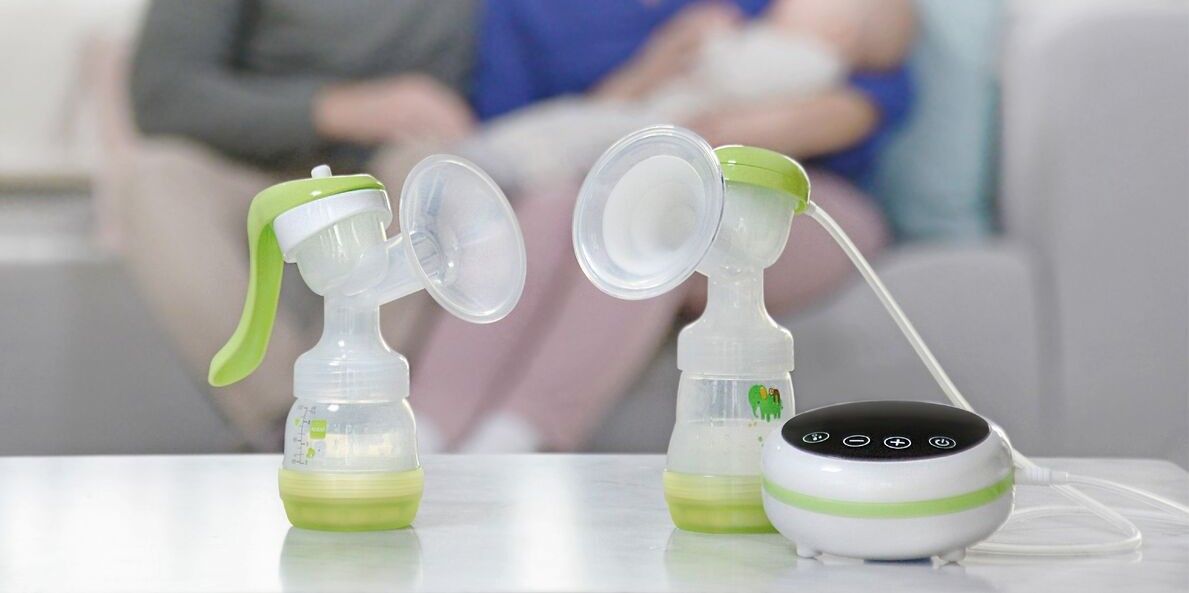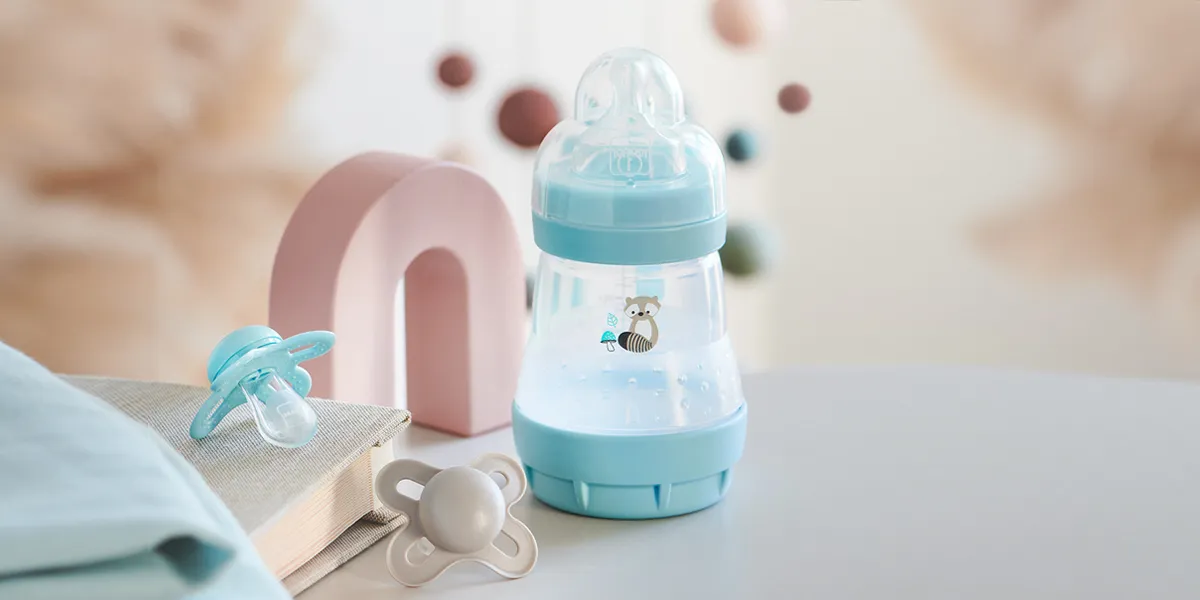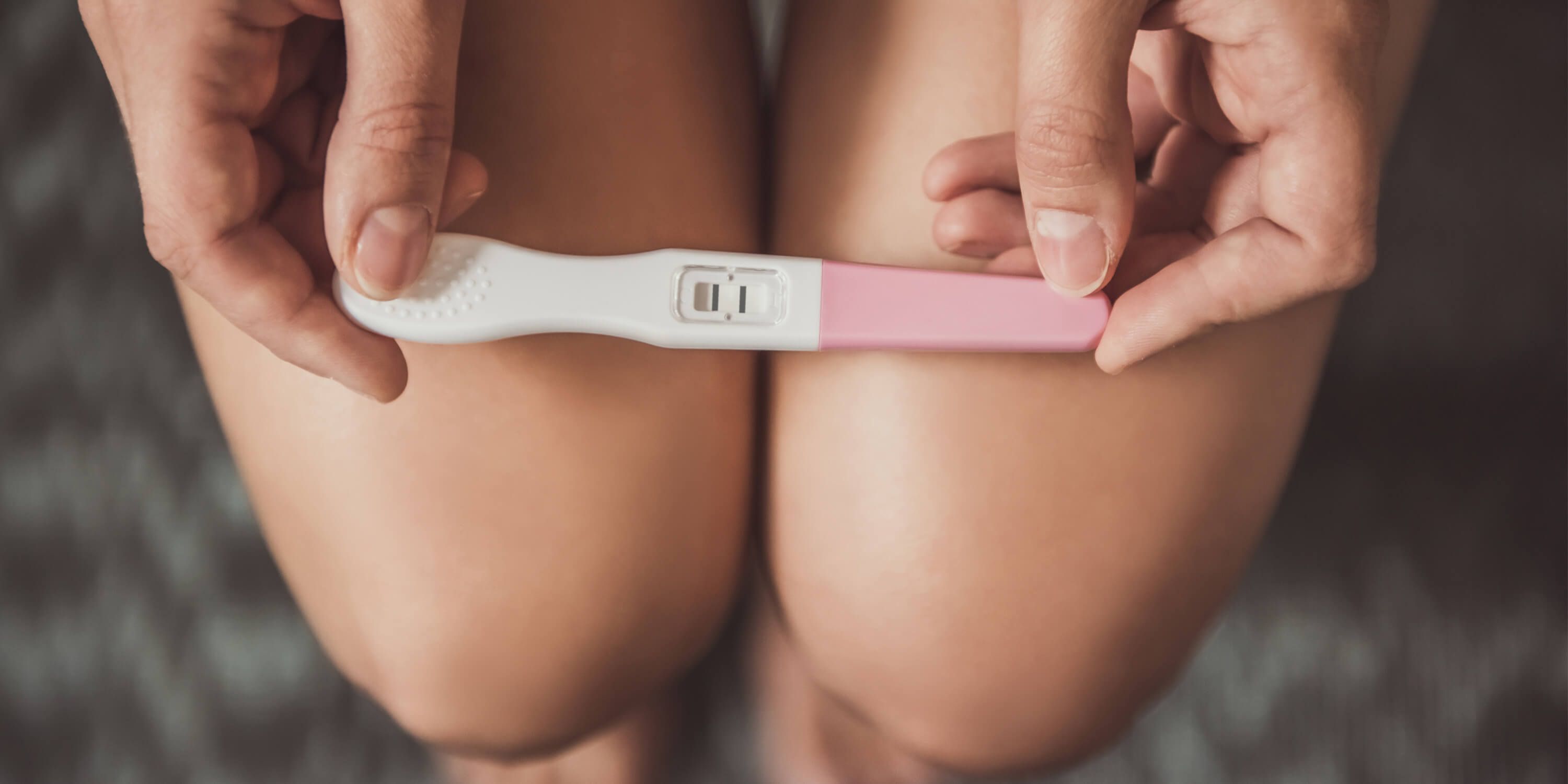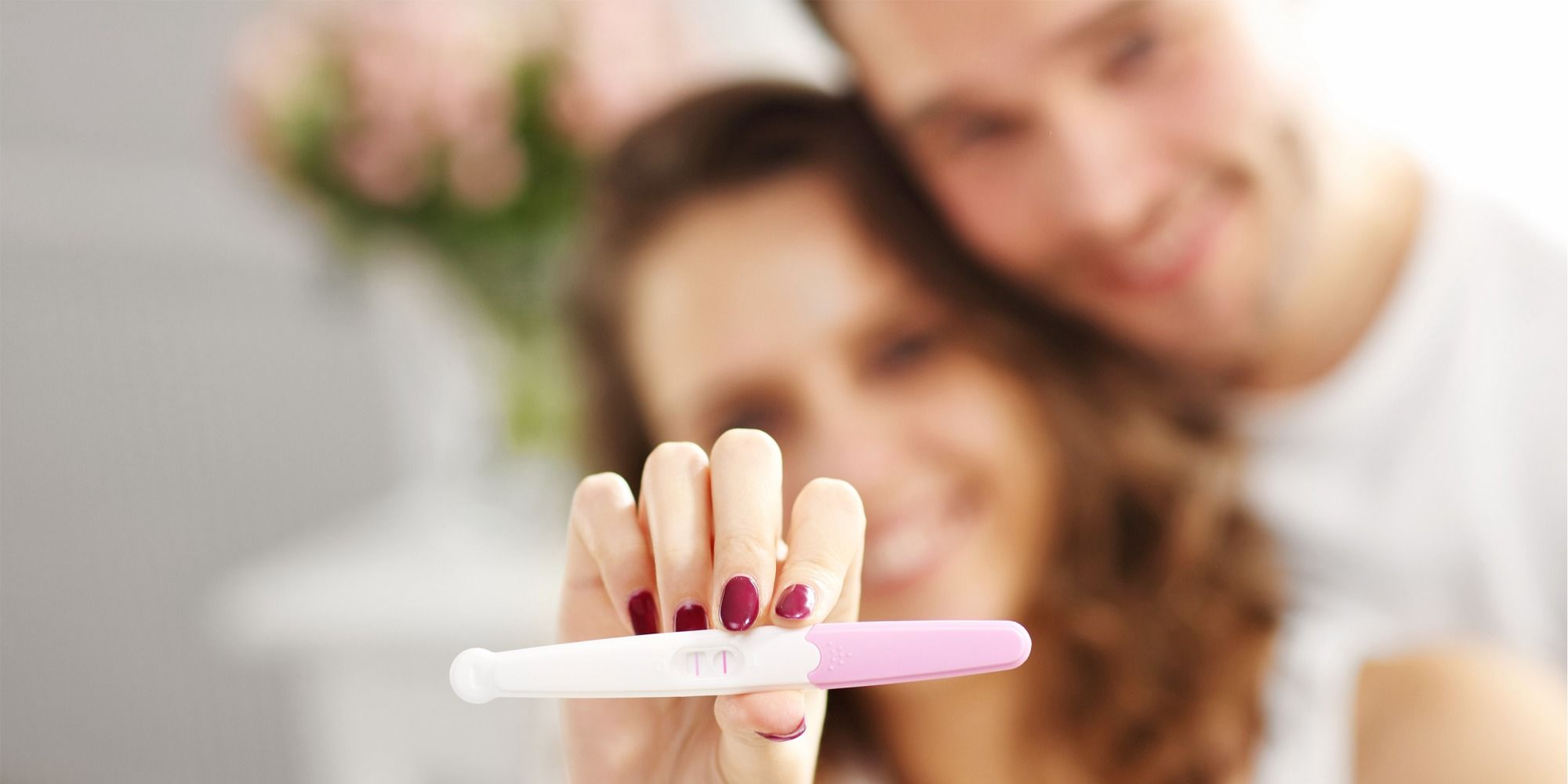In week 5 of pregnancy, your baby is actually 3 weeks old and has finally "moved into" your uterus. Read on to discover when it is worth taking a pregnancy test, why your little one now looks like a little UFO, and other things that still need to happen at the start of the first trimester.
What's Going On in Your Belly Right Now?
The embryo has made itself comfortable in the womb and development is in full swing. Blood vessels and the nervous system are forming, alongside the heart, lungs, intestines, and sexual organs. However, there is not much to see at the moment, because your little miracle consists of just three layers (the germ layers) and is similar in appearance to a UFO – it looks like a tiny oval disk the size of an orange pip or apple seed at first, before gradually changing into a small worm-shaped being.
Your baby is now about the size of a small orange pip.

The ultrasound still only shows the amniotic cavity: It is visible as a tiny black spot in the uterus.
The yolk sac is currently still nourishing the embryo; the placenta will take over this role later on. At this time, the umbilical cord is also only present as a small attachment.
How Do You Feel at 5 Weeks Pregnant?
By now, most pregnant women can celebrate a positive pregnancy test, because the embryo ensures the ever-increasing production of the pregnancy hormone HCG (human chorionic gonadotropin). This also stops menstruation.
HCG is excreted in the mother's urine – this is how pregnancy tests are able to detect that a woman is pregnant. Thanks to a digital display, modern tests are even able to indicate the approximate week of pregnancy based on the concentration of HCG in the urine.
A mucus plug seals the cervix to protect the embryo from germs.
The following signs of pregnancy may occur:
- Tiredness: Your body is very hard at work. Hormone levels change and the increased progesterone in particular can also make you feel exhausted.
- Tugging sensation in the lower abdomen: Some pregnant women worry about pinching and pulling in their belly, because this can feel like a period is about to start. In fact, "renovations" for pregnancy are taking place: the uterus becomes larger and the round ligaments stretch. This can also be perceived as mild cramps. However, if you feel unsure about your symptoms, always ask your doctor for advice.
- Sensitive nipples, aching breasts: Many women find that their breasts and chest area quickly become sensitive to touch, or find that underwire bras are now uncomfortable. Pressure-sensitive points can also occur.
- Constipation: Progesterone can make the bowel sluggish. Make sure you are exercising regularly, eating a fiber-rich diet, and drinking sufficient fluids.
- Sickness and feeling unwell: It is believed that HCG causes many of the "usual" pregnancy complaints, including: blocked nose, high temperature, frequent urge to urinate, ravenous appetite, cravings or distaste for certain foods
If you have not already done so, now is a good time to arrange an appointment with your gynecologist.
If midwifery services are available in your area, it may be useful to inquire about the antenatal care you can expect. Midwifery services can become booked up quickly in some areas, especially if the costs are covered by health insurance.
You may experience light bleeding as a result of implantation and the changes happening in the uterus and cervix – we recommend talking to your doctor if you have any concerns about this.
If you require medication, do not take anything without a doctor's approval. This also applies to herbal remedies, since they also have side effects that can harm you or your baby.
It's time to get used to the idea that you are now responsible for two!
Photo Credit: Shutterstock




























